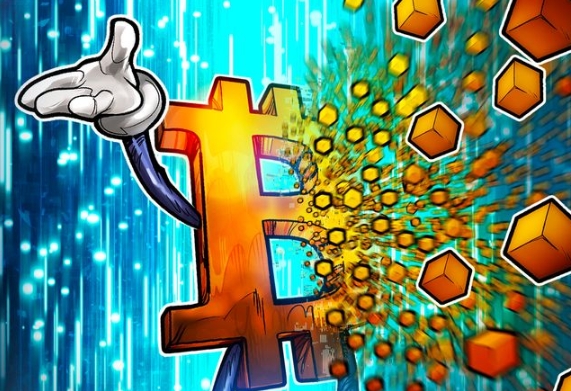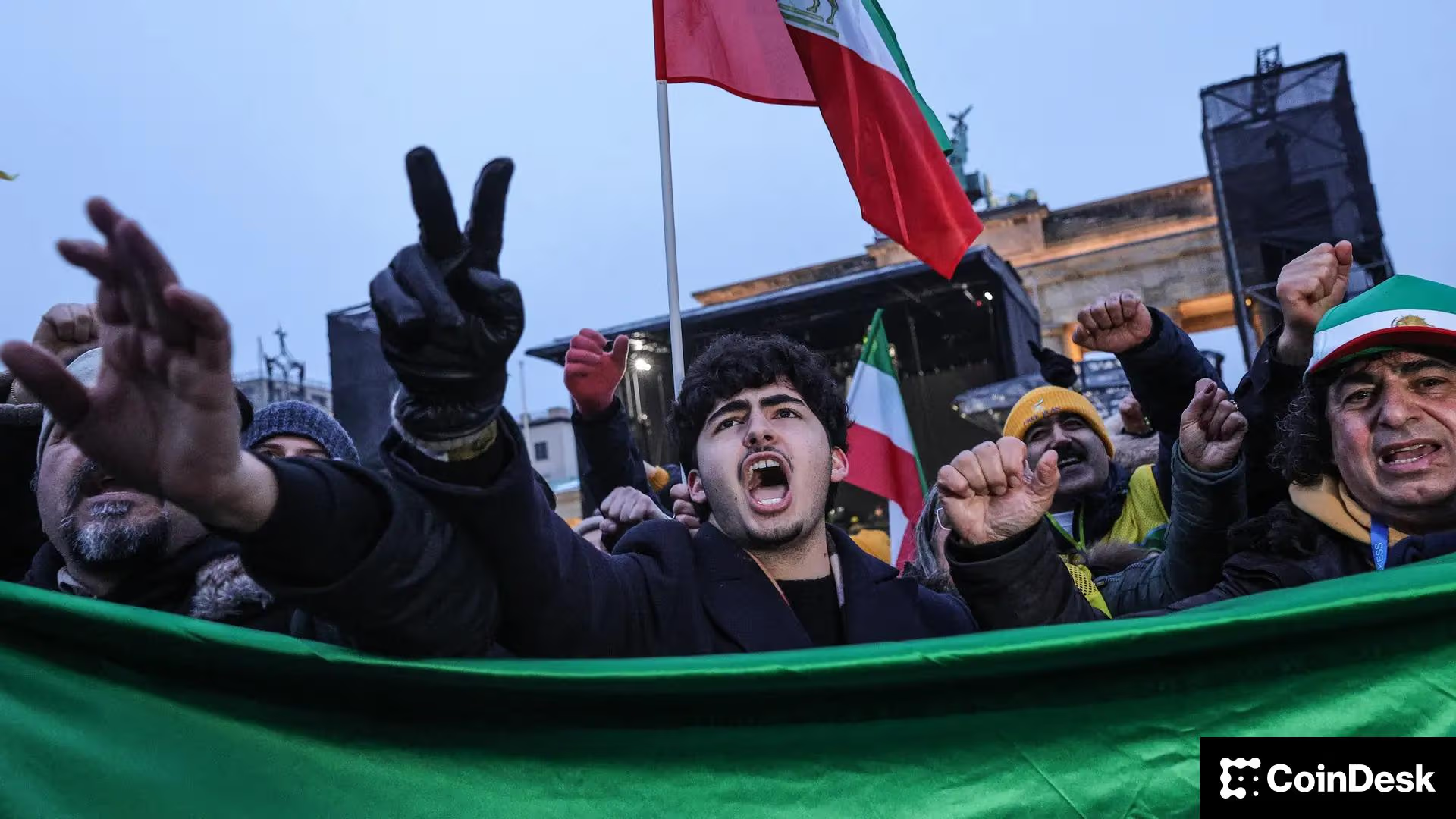Lumio
Bridging Worlds: Lumio's High-Performance Integration of Ethereum and Aptos Ecosystems
Integrated vs Modular: Solana vs Ethereum
In the rapidly evolving landscape of blockchain technology, two distinct approaches have emerged in the design and implementation of these distributed ledgers: integrated and modular blockchains. Since the origins of public, decentralised and permissionless blockchains, architectures were often built in an integrated way: Bitcoin came first then XRP, Ethereum and many others followed suit for over a decade. The scaling trilemma arose in debates that a blockchain can only have two out of three properties: security, decentralisation and speed. As such, Ethereum’s roadmap has evolved to encompass Layer 2s, a modular way to scale Ethereum. Understanding the differences between these approaches, exemplified by Solana (integrated) and Ethereum’s Layer 2 ecosystem (modular), provides insight into their respective architectures, roadmaps, and the impact on adoption and development.
Allowing validators to provide client information privately—a project by Nethermind Research and Nethermind Core
Understanding the distribution of Ethereum’s execution-layer and consensus-layer clients used by validators is vital to ensure a resilient and diverse network. Although there are currently methods to estimate the Beacon Chain’s client distribution among validators, the same cannot be said about execution client distribution. Also, there are no standard means of anonymously showcasing which EL and CL clients are being utilized by validators.
Conducting the ETH Census
The Unexpected Challenge of Calculating Ethereum's Total Supply In many walks of life, especially crypto, success tends to go quiet and unnoticed, while failure rings out loud and unmistakingly. Steady gains in foundational technology rarely make headlines, but dramatic market crashes overflow our newsfeeds.
Illuminating Ethereum's Order Flow Landscape
We live in a world where decentralized finance ("defi") market structure and transaction execution is constantly changing, and poorly understood by most. Among this complexity, it is easy to forget that defi's market structure today is meaningfully different from the current state of traditional finance ("tradfi"). From the roots of a permissionless, global, decentralized genesis, defi is already well along the path to addressing a number of the criticisms levied at tradfi execution, by market participants and regulators alike.
Sepolia & Holesky Dencun Announcement
Goerli blobs are here: Dencun went live on Goerli at 6:32 UTC on January 17, 2024. You can now use blobs there! Sepolia and Holesky will upgrade over the next two weeks. Dencun will activate on Sepolia at epoch 132608 (January 30th, 22:51 UTC), and on Holesky at epoch 29696 (February 7th, 11:35 UTC). Client releases in this announcement are suitable for both testnet upgrades.











